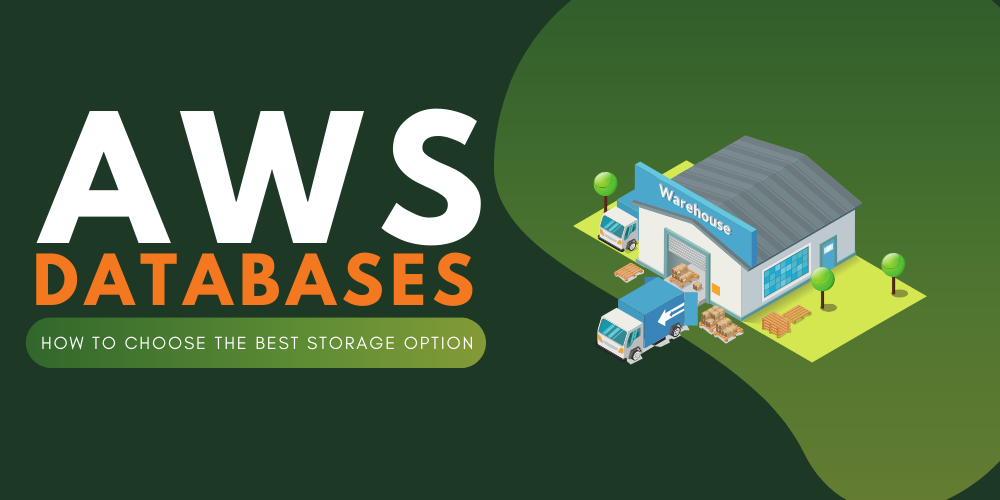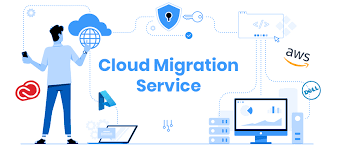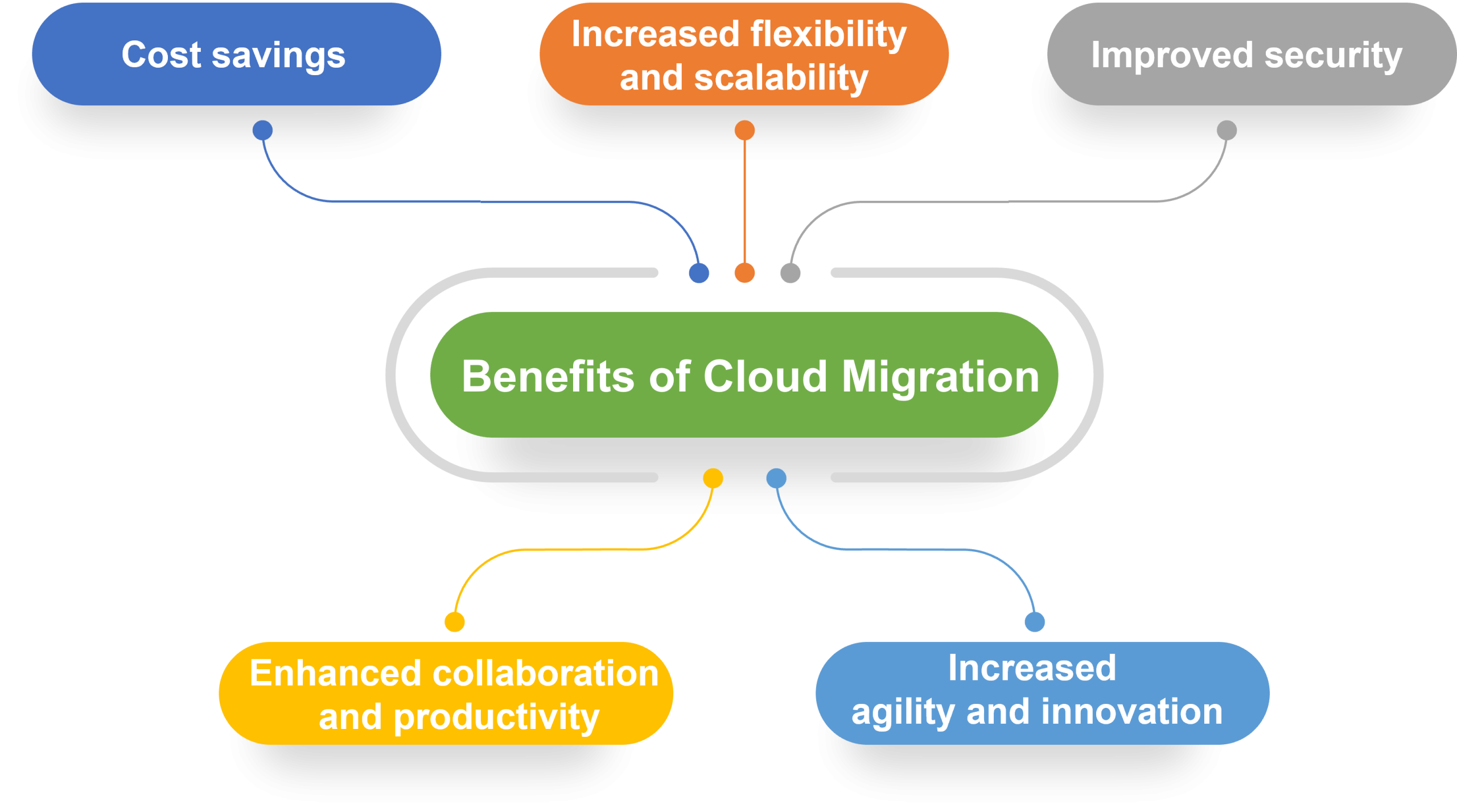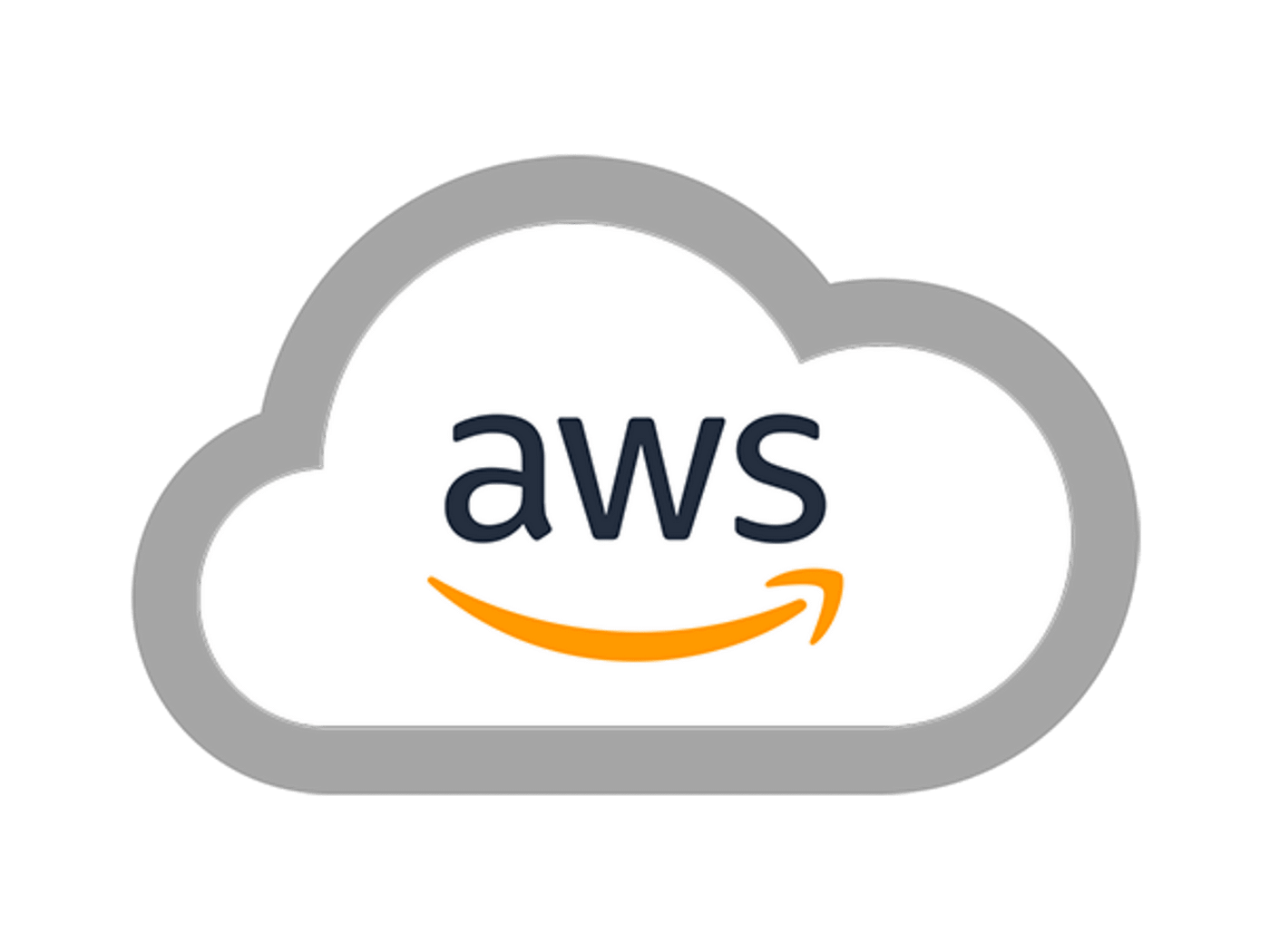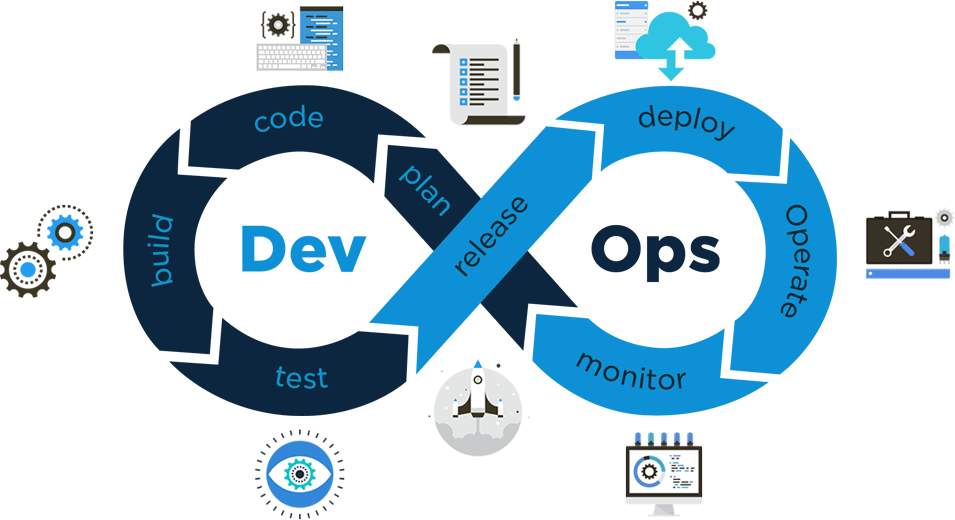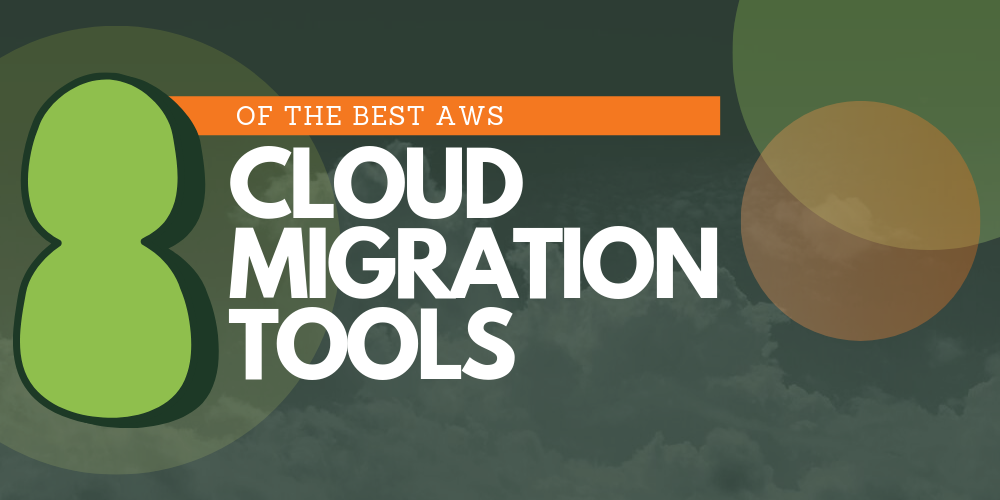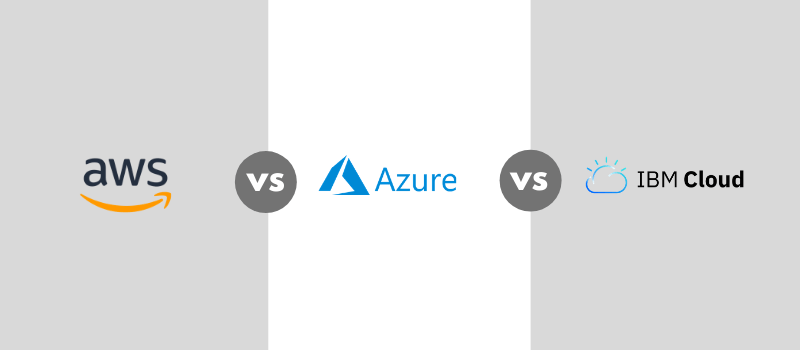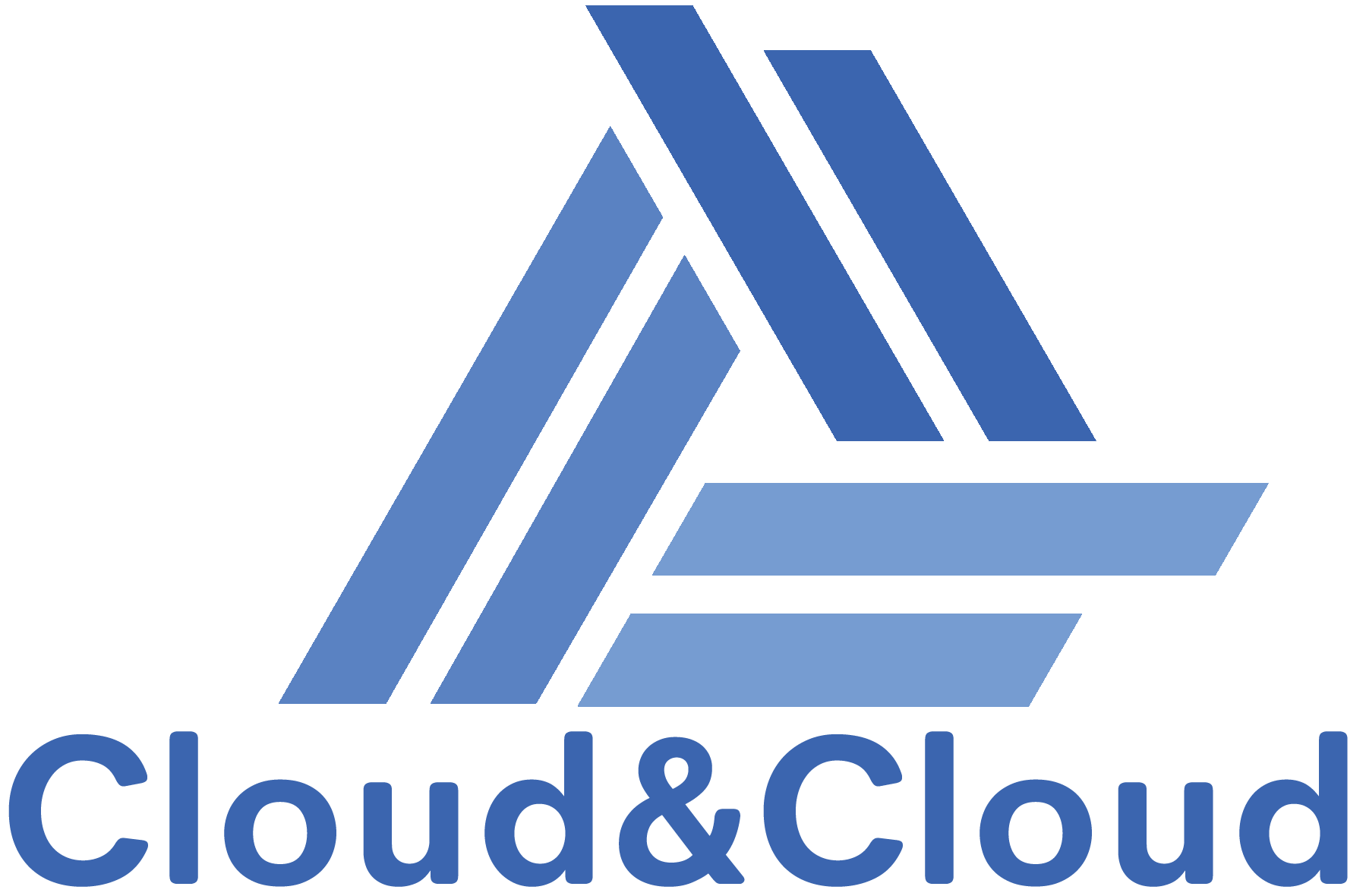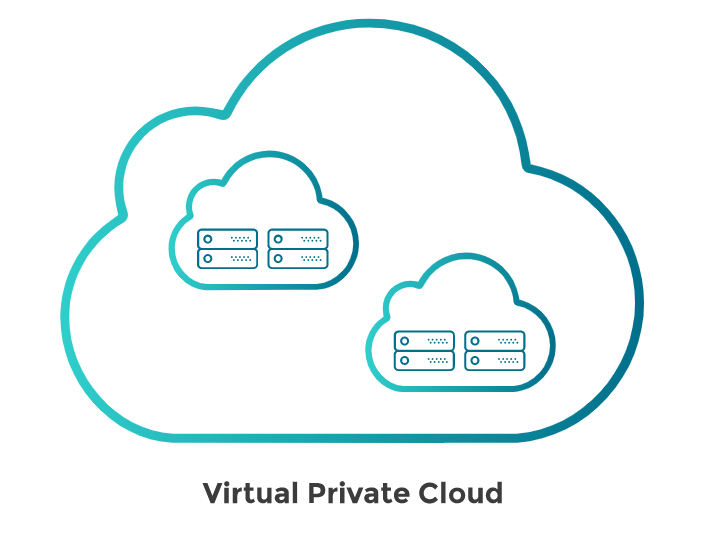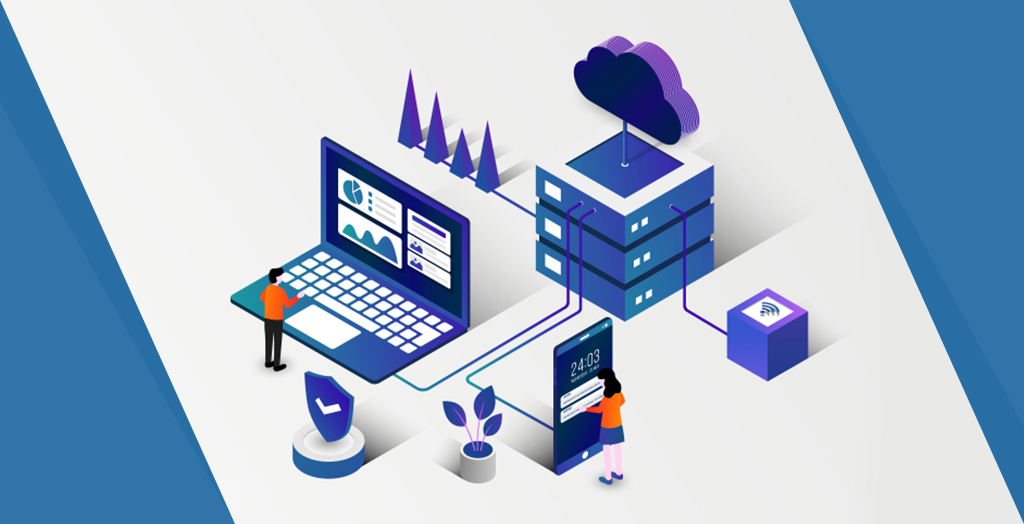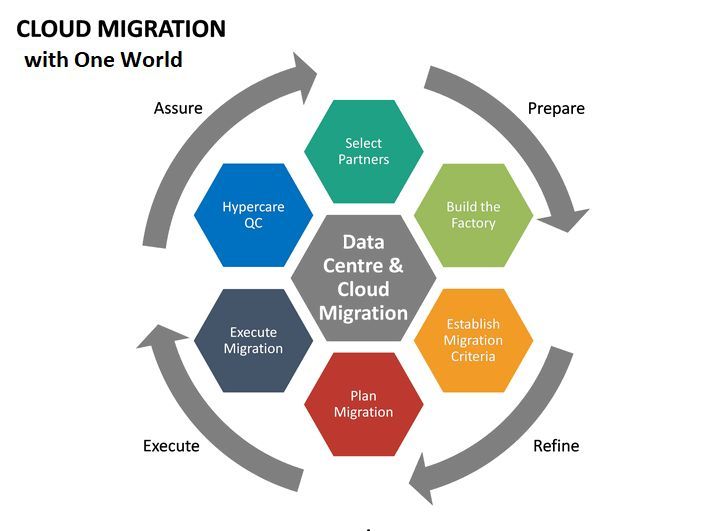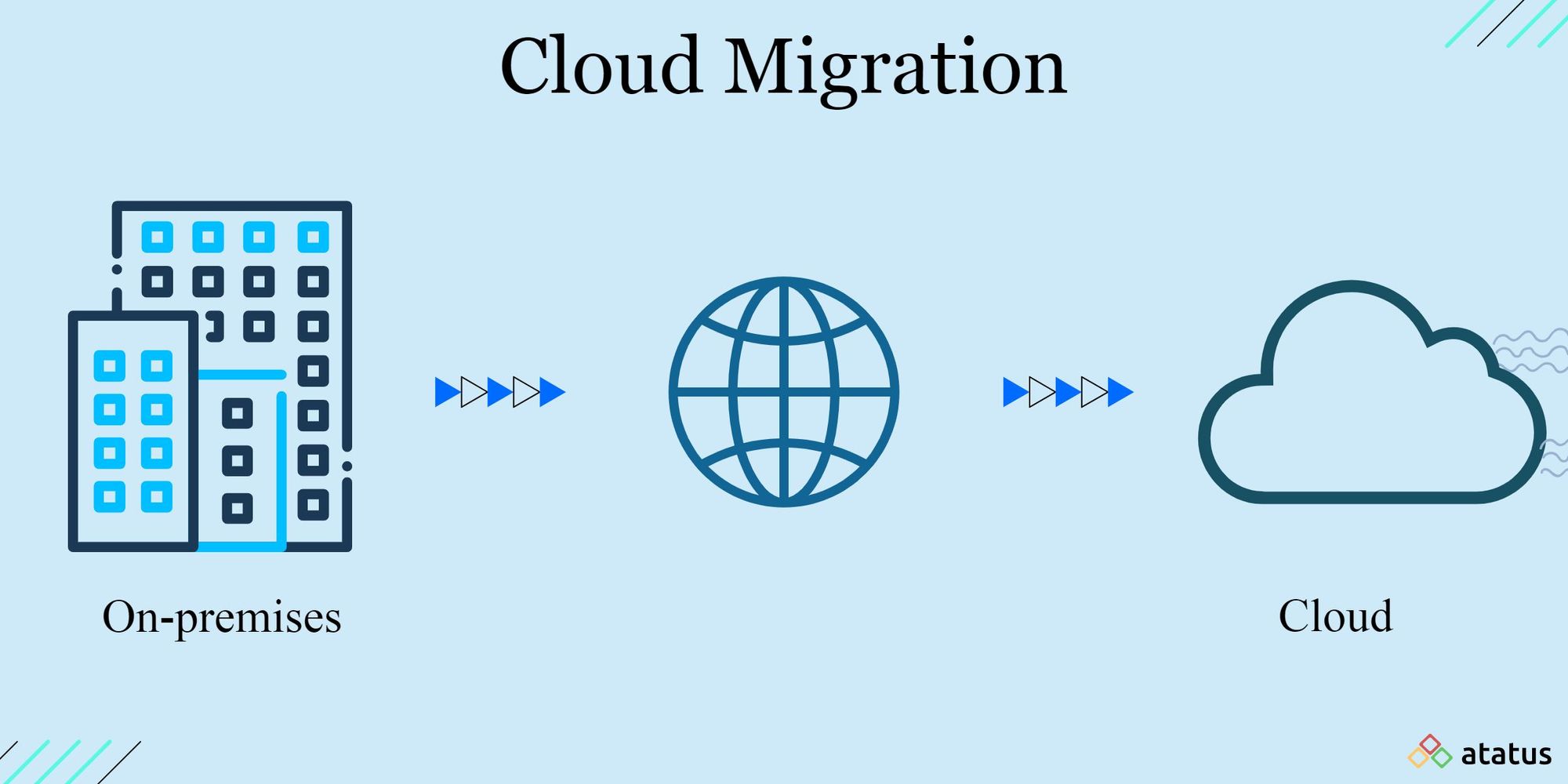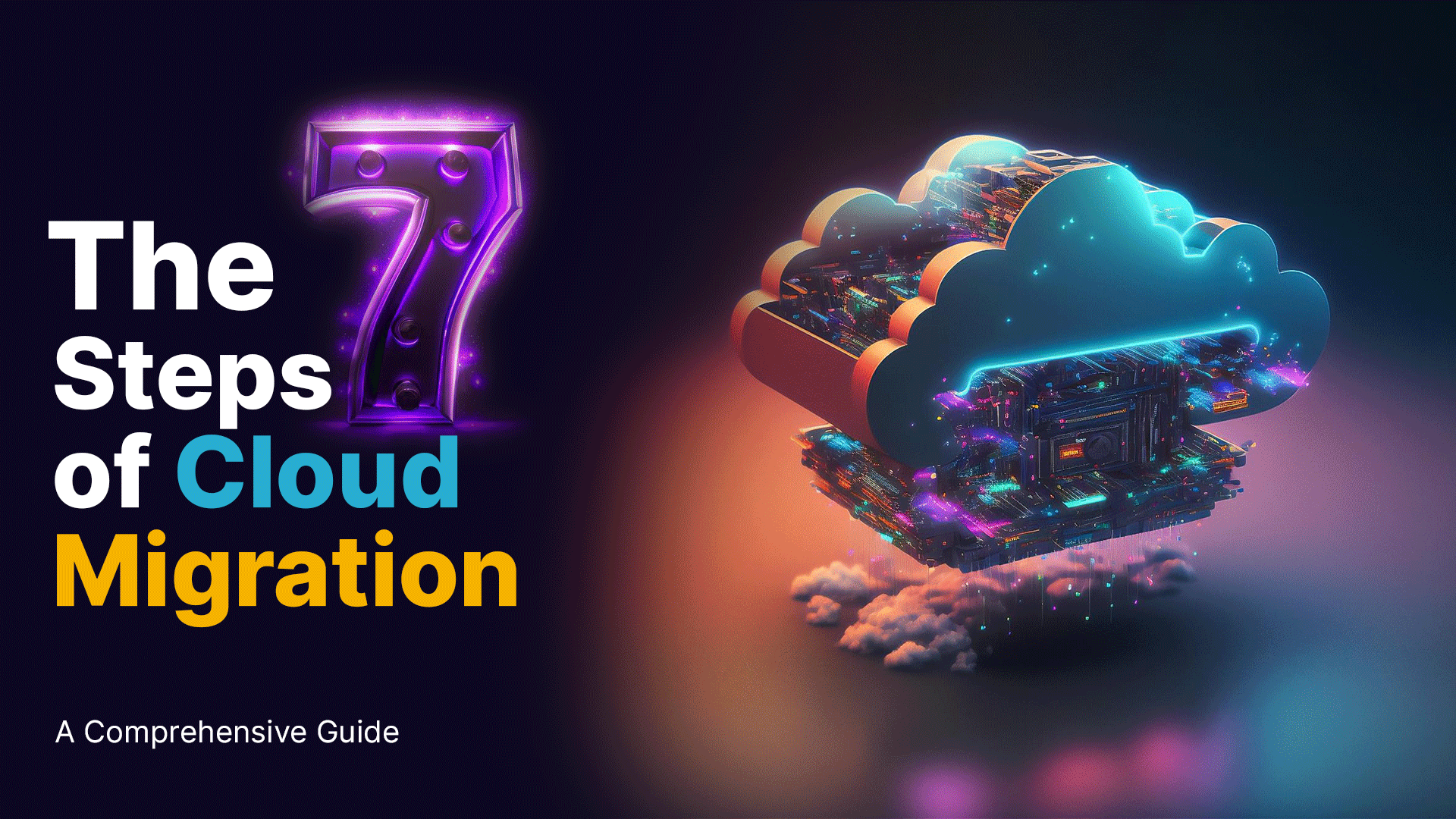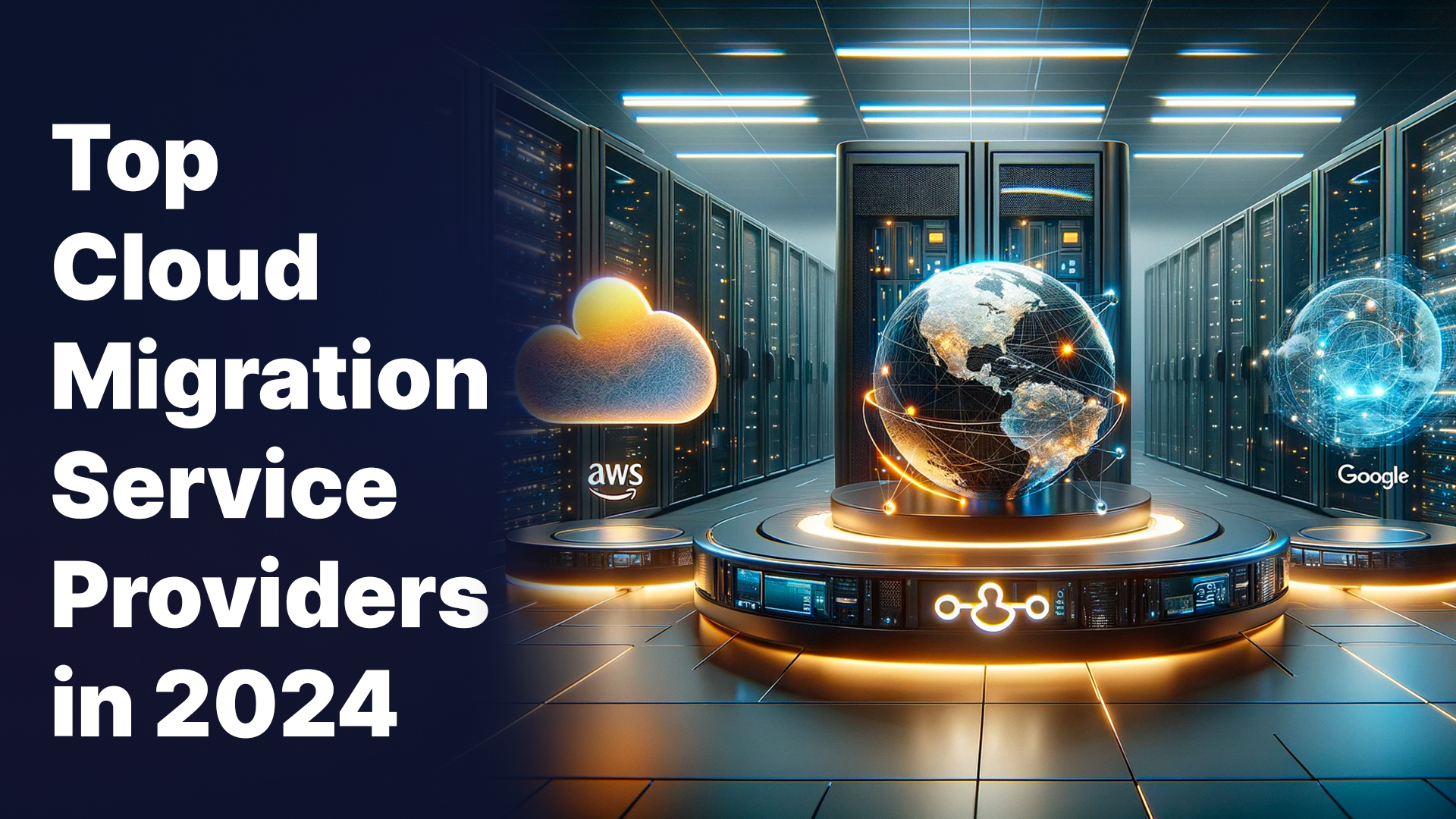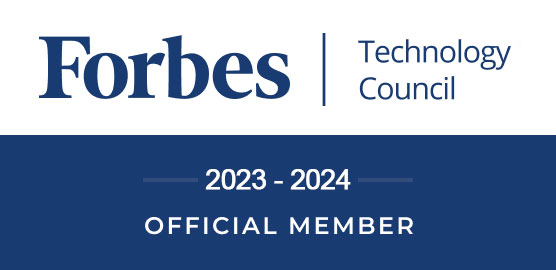Comparing Cloud Migration Giants: AWS vs. Azure vs. Google Cloud
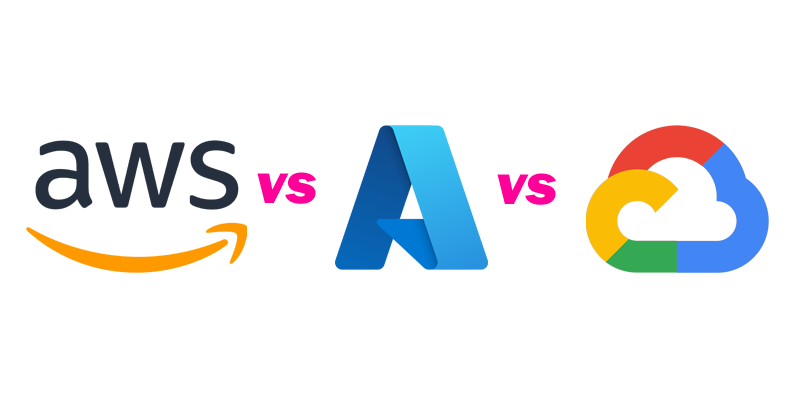
Introduction:
In the current digital environment, enterprises are progressively gravitating towards cloud computing to stimulate innovation, boost scalability, and optimize operations. As companies venture into the realm of cloud migration, they encounter a plethora of choices, where AWS vs. Azure vs. Google Cloud surface as primary contenders. Each platform presents an extensive spectrum of services, utilities, and functionalities tailored to address the multifaceted requirements of contemporary businesses. Within this exhaustive analysis, we explore the pivotal attributes, advantages, and factors of AWS, Azure, and Google Cloud to empower enterprises in making discerning choices.
They are as:
As for the Market share of Azure vs Google vs AWS:
- As a prominent figure in the cloud computing industry, AWS commands a significant share of the market owing to its extensive range of services and far-reaching influence. Its ecosystem covers an expansive variety of options, such as computation, storage, networking, databases analytics machine learning IoT amongst others – rendering it a top choice for companies regardless of size or sector.
- Azure has gained rapid attention with the support of powerful infrastructure and enterprise-level solutions of Microsoft, this is a fact for organizations using Microsoft technologies such as Windows Server, SQL Server, and Active Directory. The ideal union between Azure and Microsoft’s gamut of products and services along with its robust hybrid cloud capabilities makes it an appealing choice for companies that desire a seamless cloud solution strategy.
- Recognized for its inventive tech solutions and adeptness in data analytics, Google Cloud attracts entities seeking to leverage AI, machine learning, and extensive data analysis. Leveraging Google’s proficiency in overseeing vast-scale infrastructure and its dedication to eco-friendliness, Google Cloud presents a scalable and environmentally conscious cloud environment.
Comparison of AWS Azure and Google Cloud Services and offerings:
- With a vast array of offerings exceeding 200, AWS showcases a comprehensive selection of services, spanning computing, storage, databases, machine learning, analytics, security, and beyond. Whether it’s Amazon EC2 catering to scalable virtual servers or Amazon S3 specializing in resilient object storage, AWS furnishes a robust toolkit tailored to meet a wide spectrum of enterprise needs.
- Azure presents a wide array of offerings that cover computing, storage, databases, AI, IoT, DevOps, and security, all seamlessly integrated with Microsoft’s suite of productivity tools and development frameworks. The hybrid functionalities of Azure allow businesses to smoothly expand their on-premises infrastructure into the cloud, simplifying hybrid and multi-cloud deployments.
- Google Cloud sets itself apart with exceptional offerings in artificial intelligence, machine learning, data analytics, and container orchestration based on Kubernetes. With services like Google Compute Engine for virtual machines and BigQuery for real-time analytics, Google Cloud provides groundbreaking solutions aimed at propelling business evolution and hastening digital advancement.
Pricing and cost management Comparison of aws azure google:
The pricing structures of AWS vs Azure vs Google Cloud diverge, encompassing diverse models such as pay-as-you-use, reserved instances, and volume discounts, tailored to accommodate fluctuating usage patterns and financial constraints.
AWS presents users with a simplistic pricing estimator and tools for optimizing costs, whereas Azure furnishes an all-encompassing cost management hub replete with intricate billing analytics and suggestions.
The transparent pricing structure of Google Cloud, along with its dedication to ongoing usage discounts, makes it an appealing choice for organizations mindful of cost. Moreover, Google Cloud’s innovative approach toward sustainable infrastructure – coupled with its emphasis on efficiency and renewable energy sources – resonates with the sustainability objectives of numerous enterprises.
About Security and compliance of AWS vs. Azure vs. Google Cloud:
The main players in the realm of cloud computing, namely AWS, Azure, and Google Cloud, stand out as pioneers driving innovation. They persistently unveil fresh features, services, and capabilities tailored to address emergent trends and customer demands.
- AWS has strategically emphasized AI, machine learning, IoT, and edge computing to firmly establish itself as a frontrunner in facilitating digital transformation and spearheading innovation across various sectors.
- The seamless integration of Azure within Microsoft’s extensive product ecosystem, complemented by its significant investments in AI, IoT, and edge computing, underscores the company’s dedication to empowering enterprises with state-of-the-art technologies. Moreover, Microsoft’s particular focus on hybrid cloud solutions and niche-specific offerings further amplifies Azure’s appeal to corporate entities.
- In the meantime, Google Cloud’s superiority in AI, data analytics, and containerization is exemplified through its well-known offerings such as TensorFlow, BigQuery, and Google Kubernetes Engine (GKE). This reinforces their position as a preferred cloud service provider for organizations focusing on gathering information and software developers. Furthermore, Google’s commitment to sustainability and renewable energy displays its dedication to promoting an environmentally conscious cloud infrastructure.
Innovation and future trends of AWS vs. Azure vs. Google Cloud:
The major players in the cloud computing realm, namely AWS, Azure, and Google Cloud, stand out as pioneers in driving innovation, persistently unveiling fresh features, services, and capabilities tailored to address emergent trends and customer demands.
- AWS’s strategic emphasis on AI, machine learning, IoT, and edge computing firmly establishes it as a frontrunner in facilitating digital transformation and spearheading innovation across various sectors.
- Azure’s seamless integration within Microsoft’s expansive product ecosystem, complemented by its substantial investments in AI, IoT, and edge computing, underscores its dedication to empowering enterprises with state-of-the-art technologies. Microsoft’s particular focus on hybrid cloud solutions and niche-specific offerings further amplifies Azure’s appeal to corporate entities.
- Meanwhile, Google Cloud’s dominance in AI, data analytics, and containerization, as exemplified by renowned offerings like TensorFlow, BigQuery, and Google Kubernetes Engine (GKE), reinforces its standing as the preferred cloud service provider for data-centric organizations and software developers. Furthermore, Google’s commitments to sustainability and renewable energy showcase its dedication to fostering an environmentally conscious cloud infrastructure.
Conclusion:
In the innovative realm of cloud computing, AWS, Azure, and Google Cloud emerge as dominant figures. Each one presents an enticing range of services, functionalities, and capabilities. AWS asserts its supremacy through its extensive market share and a wide spectrum of services while Azure distinguishes itself with proficiency in hybrid cloud configurations and seamless integration with Microsoft’s suite of technologies. On the flip side, Google Cloud sets itself apart from competitors by making groundbreaking advancements in AI machine learning data analytics technology.
In the end, choosing between AWS, Azure or Google Cloud depends on several factors such as organizational requirements, technological infrastructure, financial limitations, and strategic goals. Enterprises can make well-informed decisions to drive digital progress forward by thoroughly evaluating each cloud platform’s unique strengths and differences while enhancing operational flexibility and promoting innovation in the age of cloud computing.
FAQs:
When managing AWS, Azure, and GCP service comparison, what will be the differences and similarities in offerings of service?
The analysis of services provided by AWS, Azure, and Google Cloud underscores variations and parallels in their offerings, assisting enterprises in making educated choices regarding their cloud platform preferences.
How AWS and Azure comparison can be done in terms of service and offering?
AWS and Azure provide a comparable suite of services and functionalities, encompassing computing, storage, networking, databases, AI, and machine learning. Nevertheless, disparities arise in their offerings, pricing structures, and compatibility with diverse tools and platforms. Ultimately, selecting between AWS and Azure hinges on considerations such as organizational requirements, pre-existing infrastructure, and overarching strategic goals.
What will be the notable differences when doing Azure and AWS services comparison?
In conducting a thorough comparison, discernible distinctions between Azure and AWS services are evident, encompassing various domains like computation, storage, networking, database management, artificial intelligence, and machine learning. Despite the similarity in core service provisions, disparities may arise concerning characteristics, pricing structures, and integration possibilities. Grasping these nuances is paramount for enterprises seeking to ascertain the optimal cloud provider that harmonizes with their individual needs and strategic goals.
